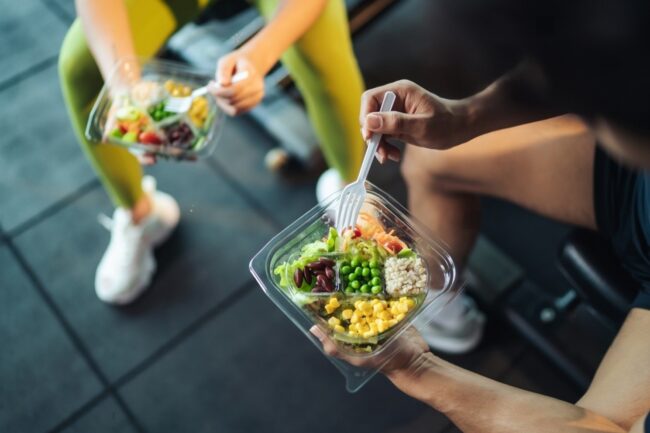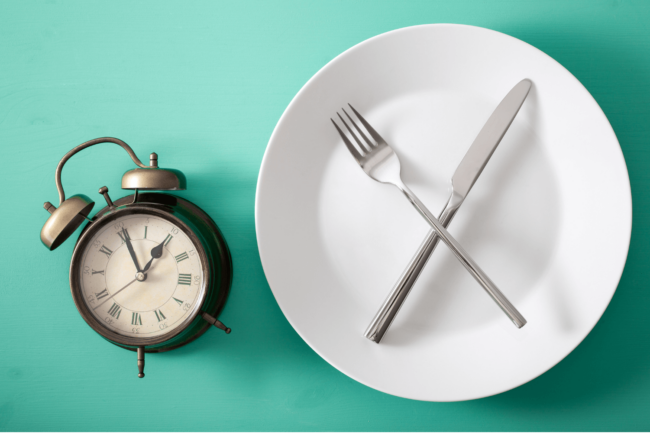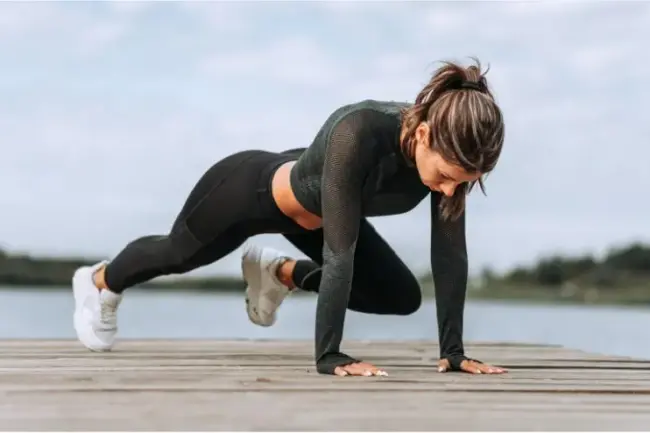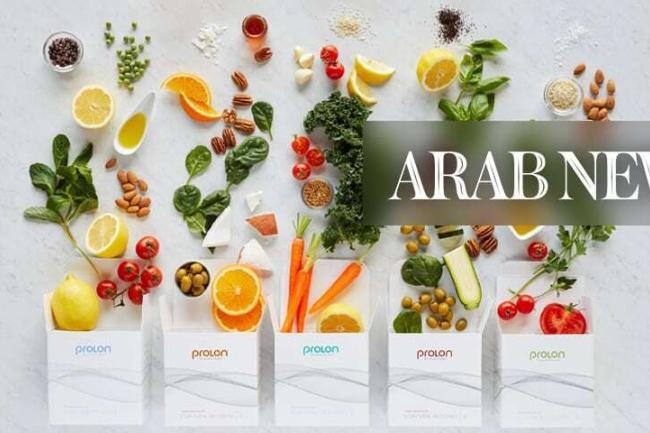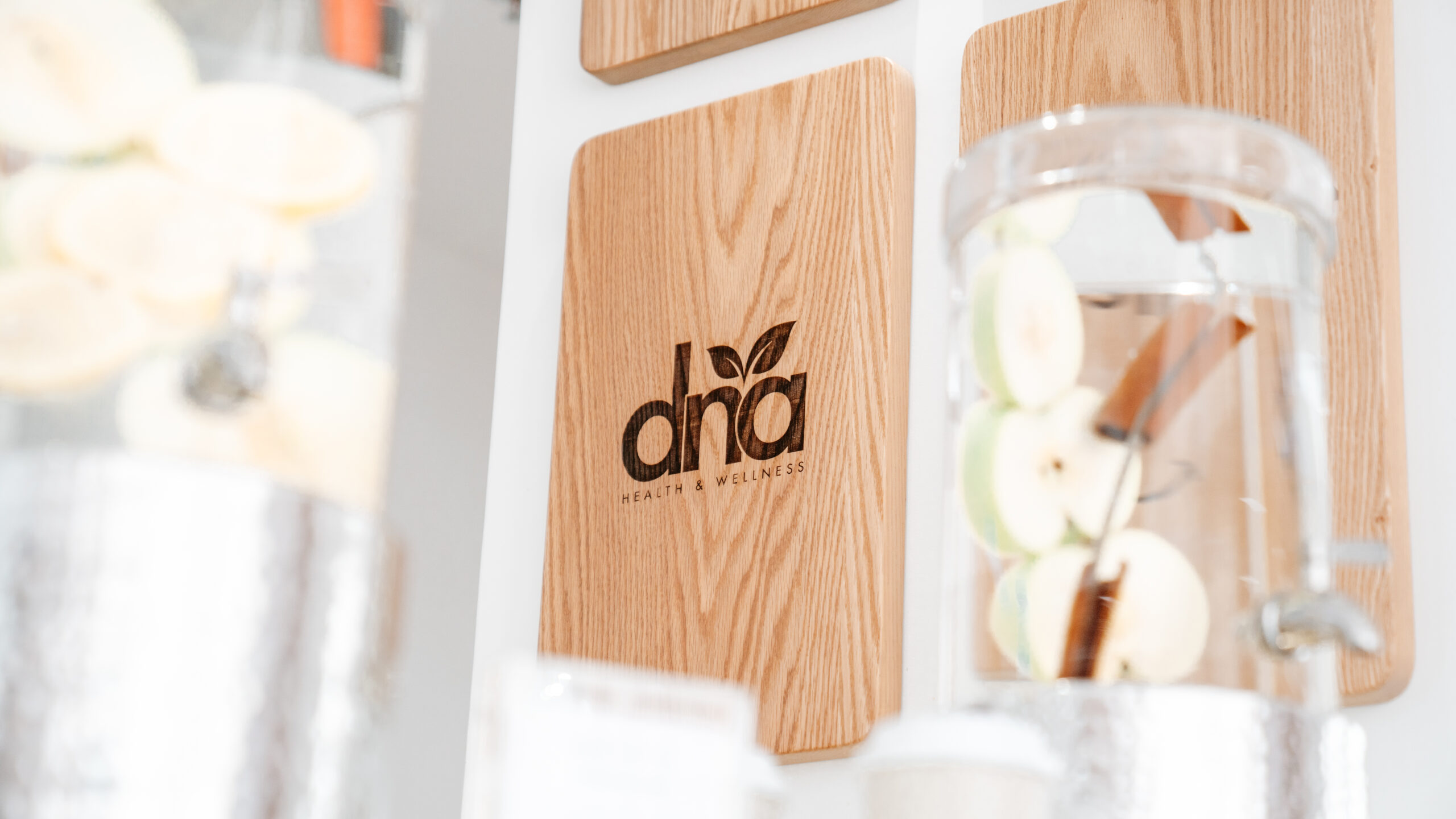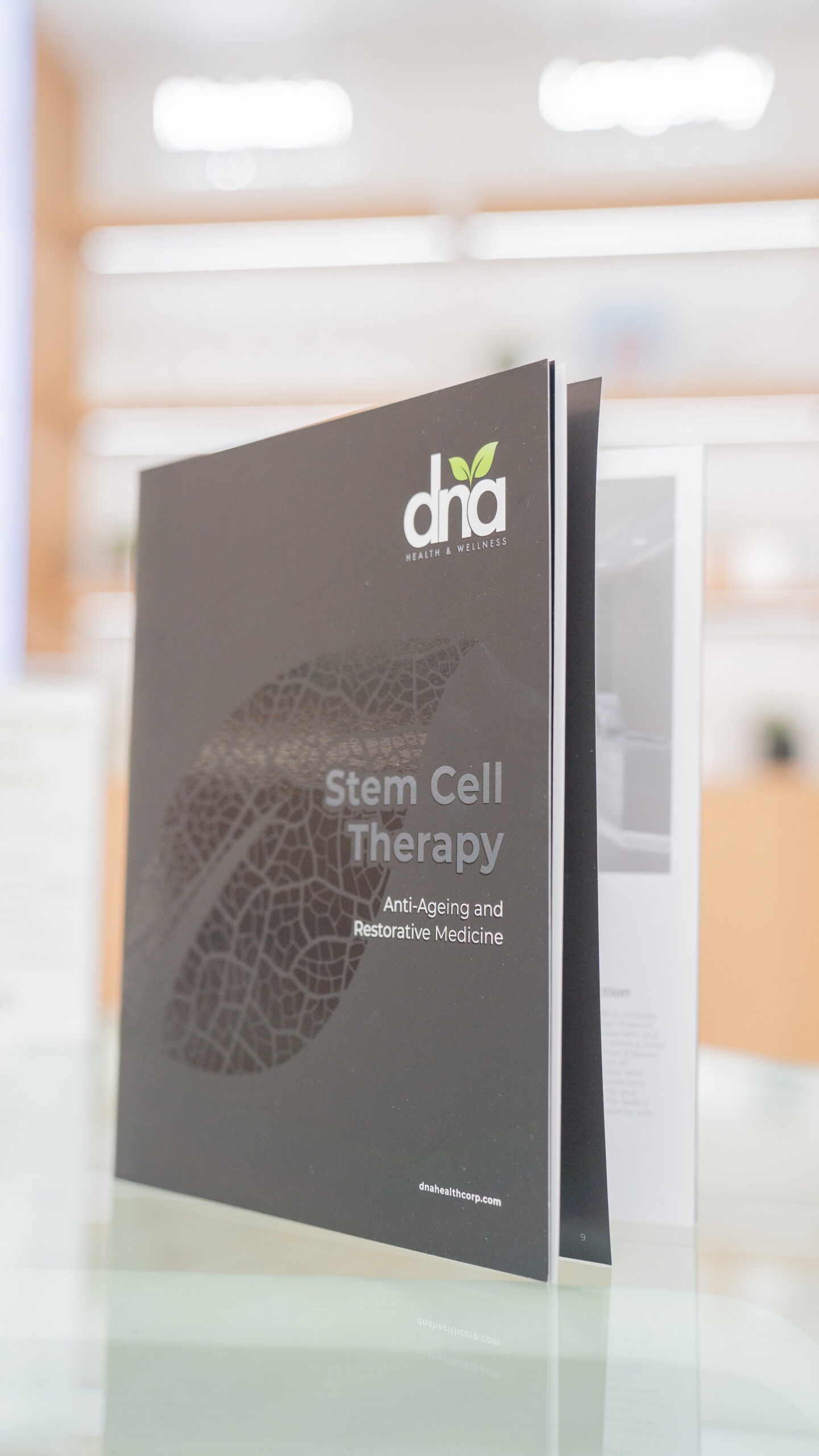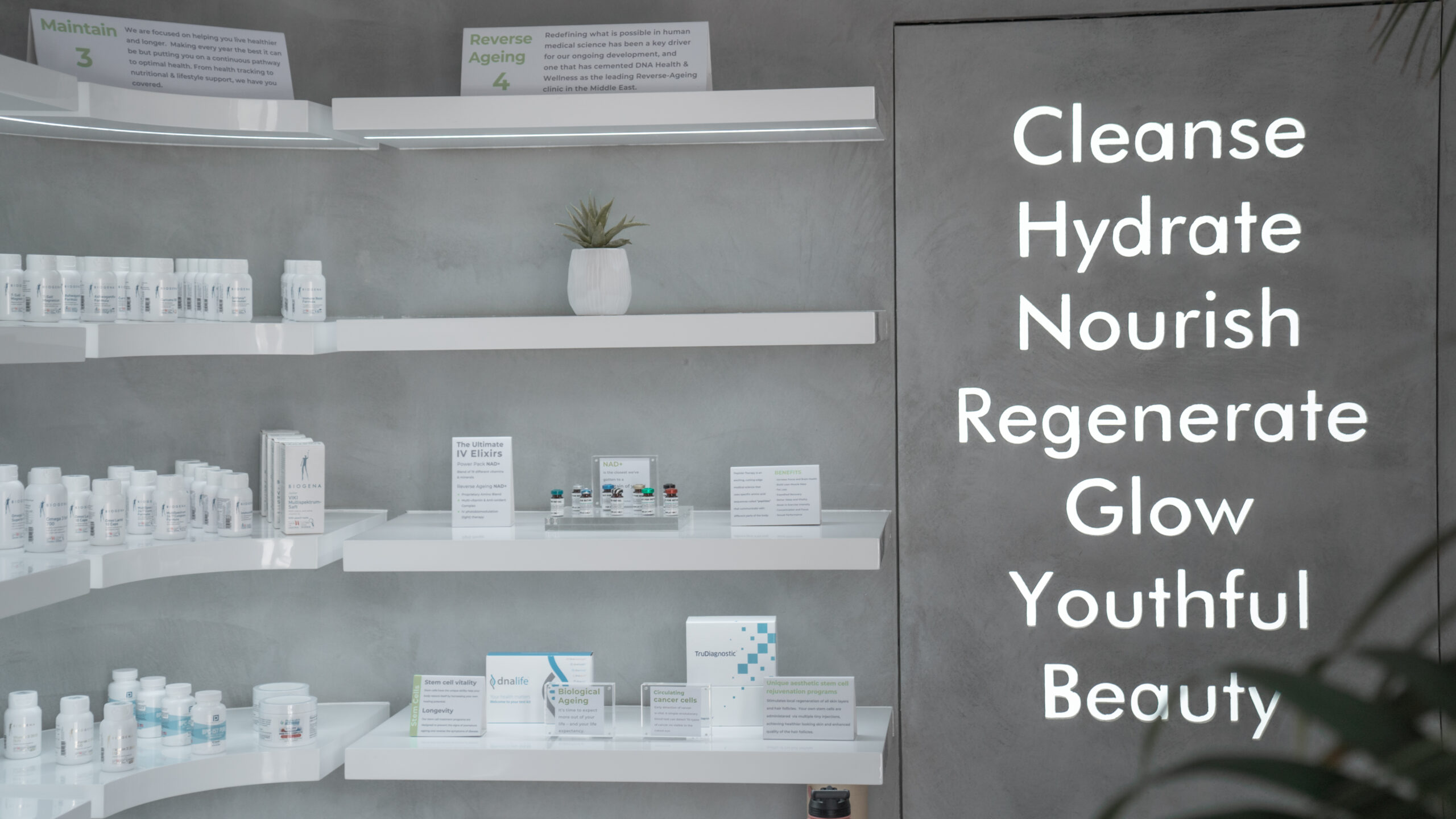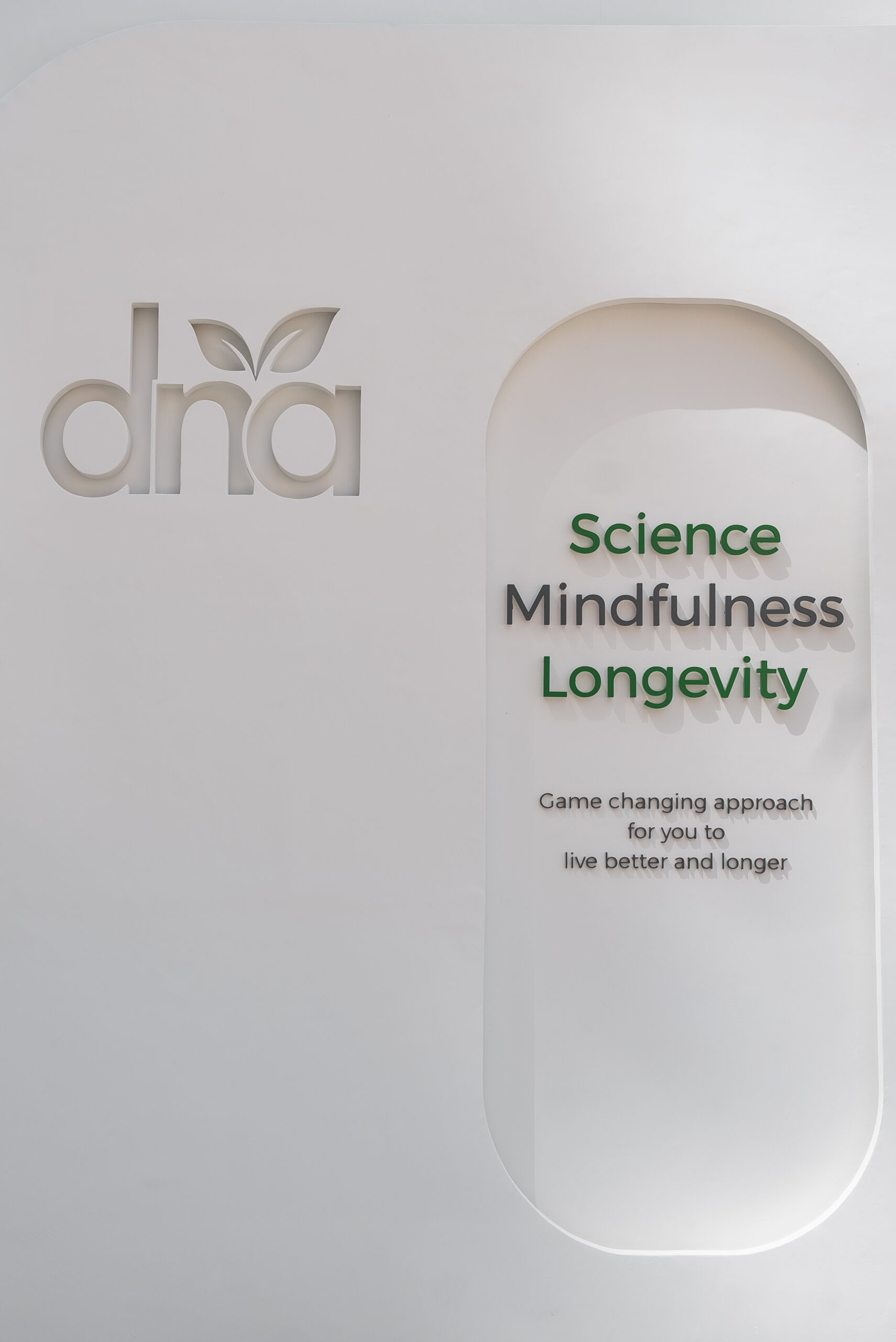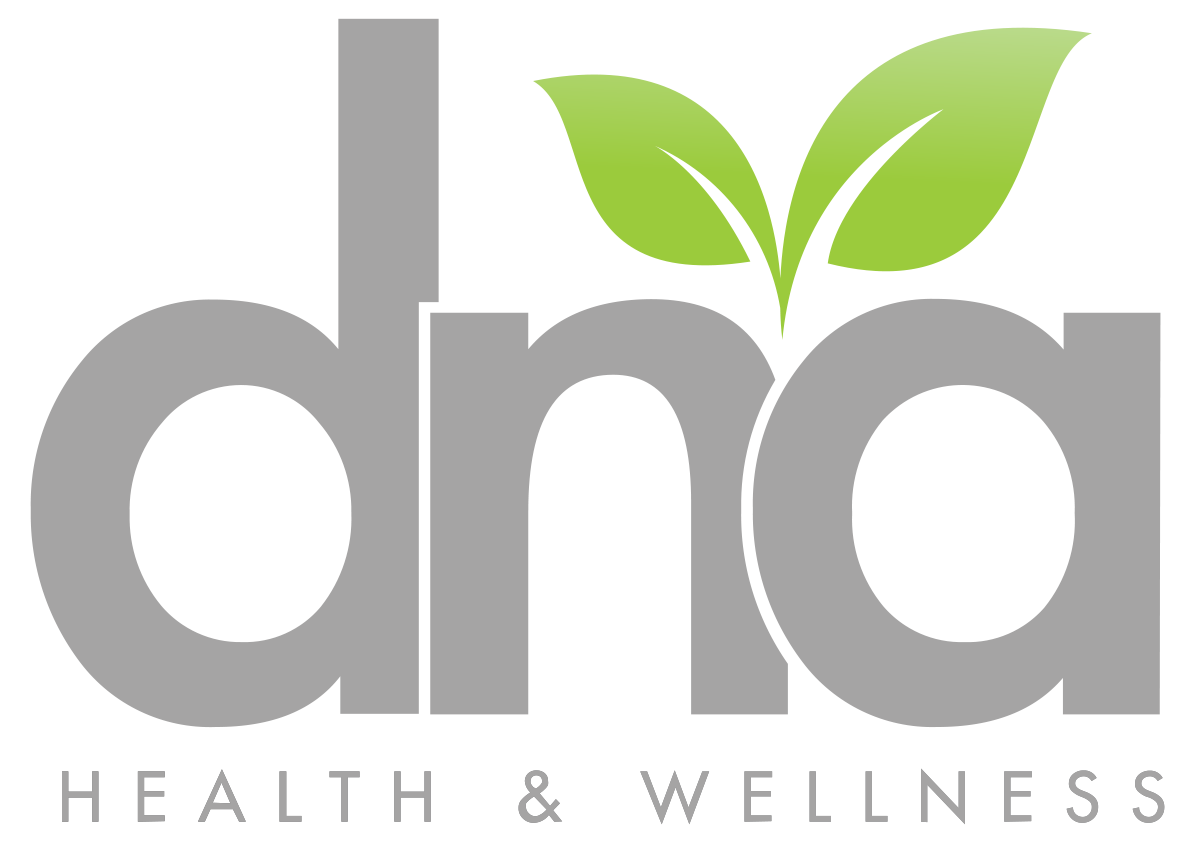Tried every lotion and potion in the book for glowing skin? The answer may actually be about what you’re consuming. From eating to drinking enough water and even sun exposure to sleep, Dr. Nasr Al-Jafari is the Medical Director at the DNA Health Center located within Jumeirah Al Qasr in Dubai discusses the importance of taking a holistic approach to the problem. A functional medicine specialist, his approach to healing is highly individualized; focused on a patient-centric, science-based healing method that empowers patients and practitioners to work in tandem to address the underlying causes of illness and promote optimal wellness.
As a functional medicine doctor, what are the most important things a person should consider when trying to improve their skin?
There are many lifestyle factors that can affect the quality of our skin – which is the body’s biggest organ – from diet and exercise to stress and sleep quality. These, in turn, impact hormonal balance, detoxification, and nutritional status, through to cellular and immune function.
A healthy lifestyle will translate to healthy skin and will largely offer a ‘bigger bang for your buck’ than cosmetic interventions in the longer term. On that note, if you are finding that traditional skincare regimes and cosmetic interventions are not yielding the desired benefit, then it would be wise to look deeper into one’s overall health status.
Are there any specific habits that everyone should develop which will help us achieve clear, and healthy-looking skin?
Largely this revolves around optimizing your four pillars of health – nutrition, movement, stress control, and sleep. It is important to note that there is no one-size-fits-all when it comes to nutrition as this depends on the person’s genetics and metabolic health. Some clients have hormonal imbalances, others have poor ‘gut health’, the root cause of which may differ, as does the remedy.
I have some clients who do better with more plant-based diets and others who seem to do well on more carnivore-based diets. That being said, overall as a modern-day population we lack the diversity in our nutrition, having also shifted ancestrally from a predominantly ‘whole food’ diet to more refined convenience foods.
Exercising has been shown to have anti-aging effects. However, it is important to mention that ‘overtraining’ is a commonly under-recognized cause of physical ‘stress’ which can lead to skin and wider health issues. Stress in any form, whether it’s a screaming boss or sleep deprivation compromises your health status across all systems.
There is no substitute for eight hours of good quality sleep. And finally, it goes without saying such things as smoking and excessive UV light exposure dramatically ages skin. Although there is a trade-off: ‘healthy’ regular sun exposure (i.e. not burning) correlates with longevity and better overall health status. I, therefore, recommend that clients protect their face and areas of the body which may have more excessive exposure (e.g. neck/chest) but to not use sun cream overzealously or shelter from the sun in totality.
Are there any specific diets that you’d recommend people follow to help with their overall skincare regime?
My top dietary tips to help you achieve healthy skin include:
- Limiting sugar and refined cooking oils (e.g. canola and sunflower oils)
- Increase fiber and phytonutrients (plant anti-oxidant and anti-inflammatory compounds) consumption from vegetables, fruits, and legumes in order to feed your microbiome and optimize gut health.
- Source high-quality unadulterated meat and fish.
- Incorporate ‘early time-restricted feeding’, otherwise known as intermittent fasting, into your daily routine. A popular example is 16:8 (16 hrs fasted in the day with an 8-hour ‘eating window’), preferably earlier in the day (daylight hours).
- Engage in short-term ‘extended’ periods of fasting (3-to-7 days) or ‘fasting-mimicking’. This could be complete food fasting (recommended only under medical supervision), specific types of medicinal juice fasting, bone-broth, vegan (sub-700 cals/day), or prescribed products (prolon.co.uk).
- As we are all genetically and biochemically different, when engaging in a new dietary intervention, listen to your body, and track your health parameters with a doctor.
- If you are troubled with skin issues, consider food ‘sensitivity’ testing as certain foods can be problematic for some people (e.g. eggs, cow’s milk dairy).
Veganism and Keto are being heavily pushed as the go-to diet. What are your thoughts on these and how have you seen people’s skin be affected?
The correct diet is the one that suits you – and it’s important to remember we’re all different.
Overall it is scientifically difficult to gauge the ‘controlled’ effects of these diets on people’s skin, as often clients will go on a ‘health kick’ and change many factors in their lifestyle when engaging in a new dietary approach. Similarly, it also depends on how well the particular dietary approaches are executed on an individual level./p>
Anecdotally, I have seen clients do both well and poorly with these approaches. I would classify Keto and Veganism at both extreme ends of the spectrum when it comes to nutritional interventions. As a result of this, part of the issue stems from the fact that diversity often suffers, leading to nutritional deficiencies and hormonal imbalances.
Take Keto as an example, lots of people do well because they have shifted from heavily insulinogenic foods (high insulin is bad for skin) but conversely, some people do poorly because they start eating an adulterated version of Keto (and are often not even in ‘ketosis’); heavily processed meats and fats, inadvertently (and unnecessarily) restricting ‘whole food’ carbohydrates, therefore creating a pro-inflammatory ‘storm’ in the absence of adequate antioxidant consumption.
Are there any healthy eating or self-care habits that you strictly follow and would recommend to others?
From a dietary perspective, I follow the advice outlined above but I am stricter about incorporating daily time-restricted eating and episodic extended fasting into my regimen over eliminating particular foods purely because I find it easier to sustain regardless of the food environment and food availability. I try to do some form of exercise daily, even if it’s only five minutes.
I’ll start and finish the day with three-to-five minutes of meditation or breathing exercises, and I will always try to give myself a non-negotiable eight hours of sleep. In recent times, a big game-changer for me was incorporating regular ‘cold therapy’ into my daily regimen, either in the form of a cold shower or an ice bath. The health effects are phenomenal, from improved stress resilience to optimized immune function and enhanced sleep quality.
With water being a key factor in one’s overall health and well-being, is there anything as drinking too much water?
In a healthy individual, the issue of drinking too much water is only really a problem when rehydrating without replacing electrolytes in the context of someone who has lost excessive fluid volume through exercise and/or heat exposure. In other words, over-drinking water is very difficult to do.
On another point, there are two important factors to remember regarding water. Firstly it is the body’s life source and secondly not all water is the same.
I recommend that people drink mineral (or spring) water rather than tap (or bottled) water. If tap water is the only option then I generally advise filtration and re-mineralization (either with mineral drops or a mineral-rich unrefined salt like Celtic grey salt). Water quality matters as much as food quality.
With your experience both in the UK & Middle East, are there any vitamins and/or supplements that you would recommend for anti-aging?
In general, lifestyle will always trump supplementation. That being said, living an optimal lifestyle is a challenge in the modern world. As a result, in my experience, I have found that the vast majority of people have at least one or two nutritional deficiencies, many of which are not routinely checked for (like zinc, selenium, magnesium, and vitamin c). On a very basic level, we employ comprehensive testing with our clients and make sure that there are no nutritional imbalances by utilizing targeted nutritional supplementation.
Glutathione is a supplement administered intravenously – commonly known as the body’s master antioxidant – which is known to achieve a temporary skin lightening and glowing effect.
As for ‘wonder compounds’, there is promising research behind the anti-aging effects of EGCG (green tea extract), resveratrol (a phenol from the skin of grapes and berries), and the use of collagen peptides. As with all supplements, because it is an unregulated industry, it is important to stick to brands recommended by a professional or those that are independently laboratory tested by third-party agencies (e.g. NSF and USP).
Article contribution by Dr Nasr Al Jafari for arabnews.com
